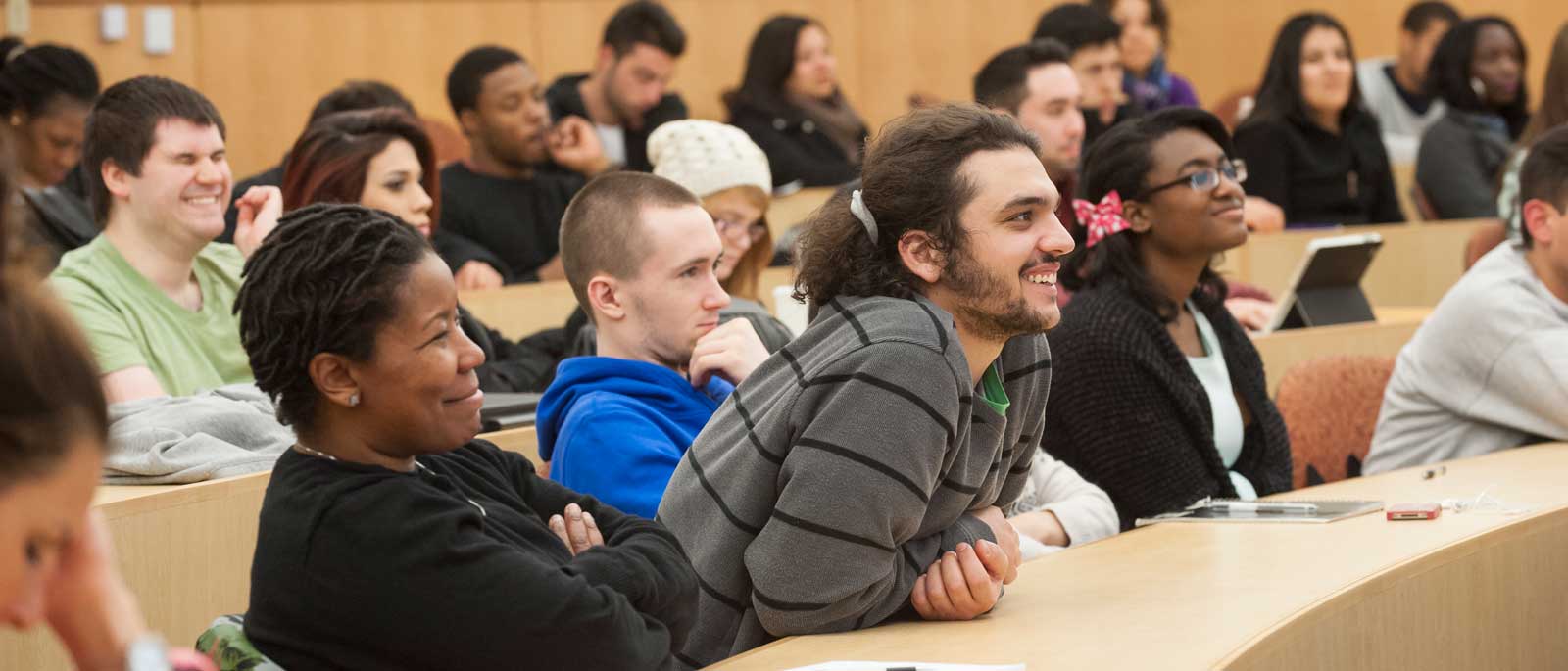
Teaching Excellence
A resource page for CHS faculty and staff to promote teaching excellence in the College
The VCU College of Humanities and Sciences educates more than 10,000 students every year. At the helm of every class is a faculty member – a person committed to knowledge and student success. However, great teaching takes flexibility and innovation, empathy and patience, and a diverse array of skills.
With the shifting needs of students, our institutional commitment to inclusivity and our desire to reach all our students, educators can reflect on their current practice, identify opportunities for meaningful innovation and revisit some foundational questions. How do we continue to connect with students? What enables student success? How do we make the classroom equitable for everyone?
Resources
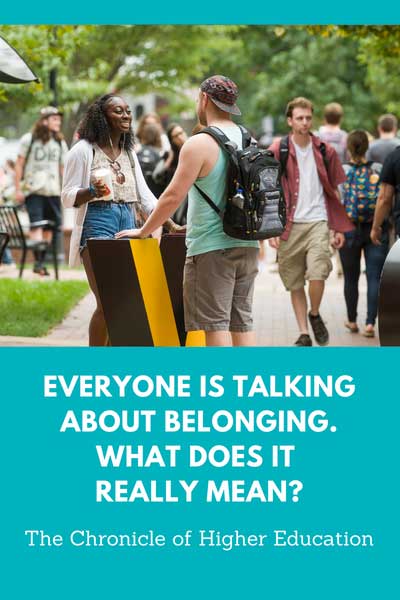
Everyone is Talking About Belonging. What Does it Really Mean?
Chronicle of Higher Education article
It’s everywhere. College T-shirts, notepads, and posters proclaim “You Belong!” Higher-ed associations offer training on how to increase students’ sense of belonging, and philanthropies are encouraging colleges’ efforts with grants. Belmont University, in Nashville, is hiring a vice president for hope, unity, and belonging, and soon you won’t be able to look through a college directory without finding a high-level position devoted to the mission … So is “belonging” just the latest buzzword in higher ed?
Training
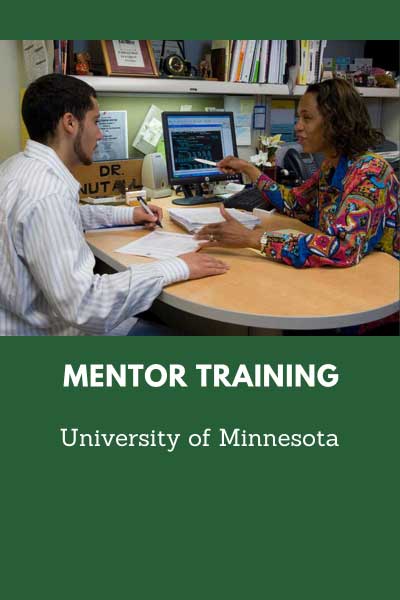
Mentor Training by the University of Minnesota
This training provides an introduction to culturally aware mentor training. This ultimately prepares faculty members to support budding student, trainee and faculty researchers. Though it says it’s only for U of M faculty, they do provide external training.
- Choose the 'External users' link in the 'How to register' yellow box under 'Online courses' and complete the guided steps for registration
- Complete the “Optimizing the Practice of Mentoring (OPM) 101: For Research mentors of Graduate Students, Fellows, and Early-Career Faculty” training (~two hours)
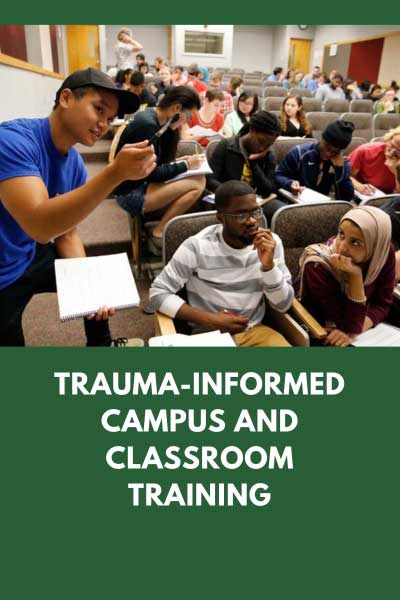
Trauma-Informed Campus and Classroom Training
The key objective of this free, six hour (virtual) course offered through Virginia's Community Colleges Student Success Center - Professional Development is to provide information about identifying and responding to trauma with evidence-based resilience strategies when working with an audience whose trauma history may not be known. Participants of this course will receive certification as a Trauma Informed Individual at the conclusion of the training day.
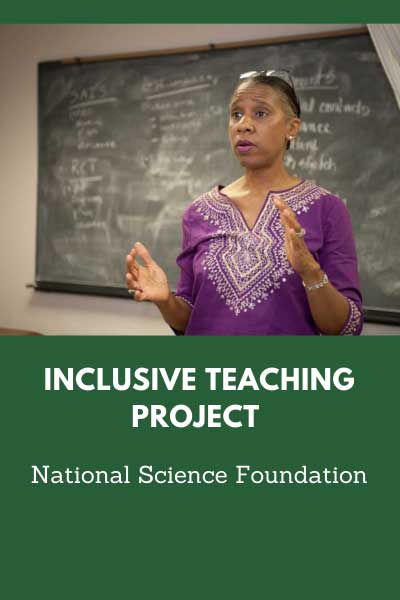
National Science Foundation Inclusive Teaching Project
The free Inclusive STEM Teaching Project is designed to advance the awareness, self-efficacy and ability of STEM faculty, postdocs, graduate students and staff to cultivate inclusive learning environments for all their students and to develop themselves as reflective, inclusive practitioners. The modules cover the following themes designed to help instructors construct classroom environments that support the complexities that contribute to student persistence: social identity and its impact on learning; power, positionality and privilege; inclusive course design; interruption of oppression and microaggressions; and evidence-based teaching.

Transfer Champion Training
Learn more about transfer students in your departments/programs and how best you can support their learning! Contact Elizabeth Heck, transfer coordinator, for details at ebheck@vcu.edu.
Videos
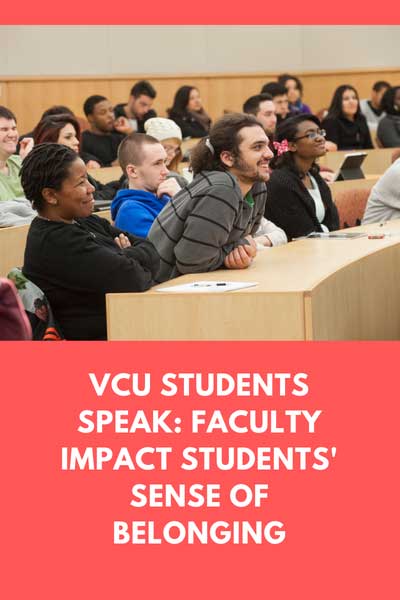
VCU Students Speak: Faculty Impact Students' Sense of Belonging
In 2021-22, the VCU Howard Hughes Medical Institute (HHMI) Inclusive Excellence Project conducted two far-reaching surveys asking VCU CHS students to reflect on inclusive teaching and faculty equity-mindedness and how they impact sense of belonging and positive learning environments. Presenters share data collected from 2,300+ students with the goal of expanding our understanding of what works for students in VCU classrooms.
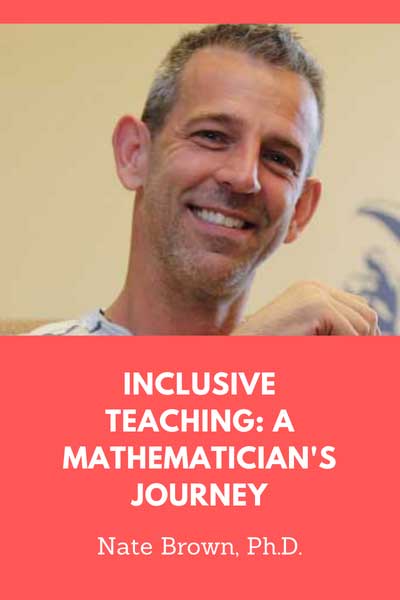
Inclusive Teaching: A Mathematician's Journey
Nate Brown, Ph.D., Professor of Mathematics, Penn State University
A theoretical mathematician by training, Brown spent 20 years proving and publishing theorems. Now he studies (in)equity in STEM education–specifically, how STEM faculty can help reduce disparities and inequities in higher STEM education. The transition to this new line of research was slow, difficult and incredibly meaningful. In this talk he'll discuss his journey, including the uncomfortable events that inspired the transition and the many challenges he faced along the way.
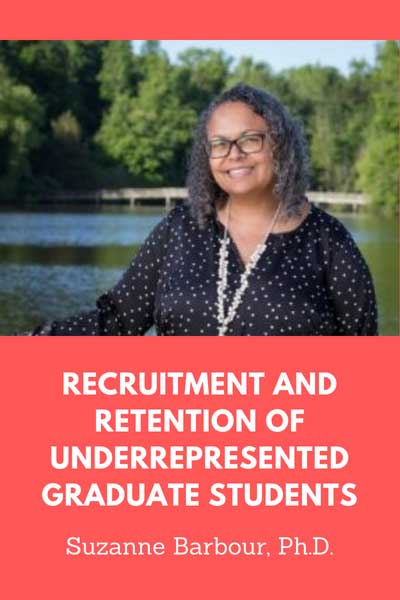
Recruitment and Retention of Underrepresented Graduate Students
Suzanne Barbour, Ph.D., Dean of the Graduate School at Duke University
In this lecture, Barbour details the trends, strategies and innovations that aid recruitment and retention of underrepresented graduate students.
College Initiatives
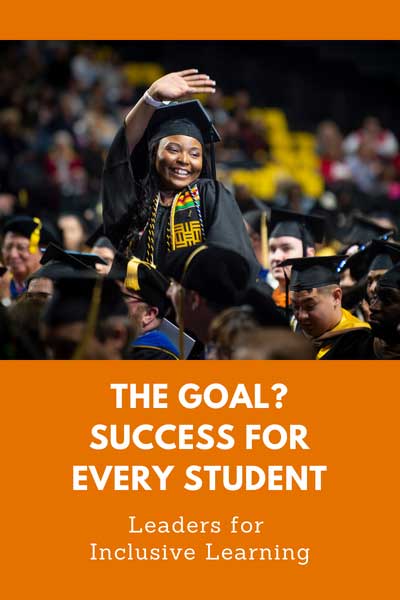
The Goal? Success for Every Student
Leaders for Inclusive Learning program trains instructors on how best to serve their students and lead systemic change.
Kacie Caracciolo, a full-time student at Virginia Commonwealth University, worked two part-time jobs in the fall of 2021. She walked dogs for Wag and Rover and clocked hours at a local beauty salon. She put in 25 hours a week in part-time work in addition to her full slate of classes and extracurriculars. There were times she took zeros on quizzes and labs in her classes just to grab a couple more hours of sleep. So when her professor, Matthew Scott in the Department of Kinesiology and Health Sciences, offered an optional cumulative final for the HPEX 310: Fitness and Health class, Caracciolo signed up.
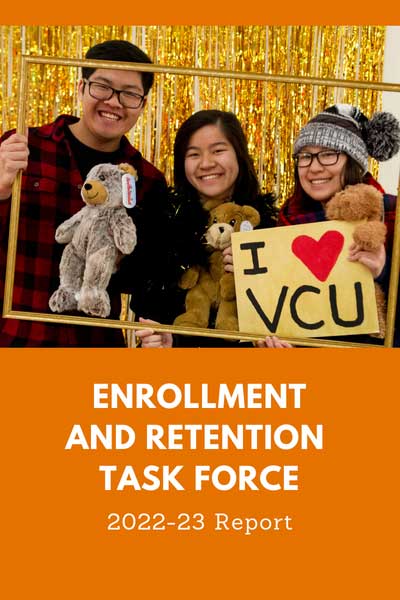
2022-23 Enrollment and Retention Task Force
In October 2022, Interim Dean Catherine Ingrassia, Ph.D., charged the Enrollment and Retention Task Force with identifying patterns and challenges in enrollment and retention. Specifically, the task force was asked to examine four things:
- DFW patterns (across discipline, course number, demographic, course modality, etc.)
- Persistence within modalities (both modality of delivery and the length of course [mini-mester v long semester])
- Enrollment patterns within major (correlated with the two items above)
- Pivot points in which we fail to retain students
Based upon this information, the task force has made recommendations to address the enrollment and retention crisis facing the College. The report, "The Enrollment Crisis and a Path Forward for the College," [PDF] is the culmination of their work, but the taskforce will continue to address the issues of enrollment and retention as we work to implement the recommendations in the report.